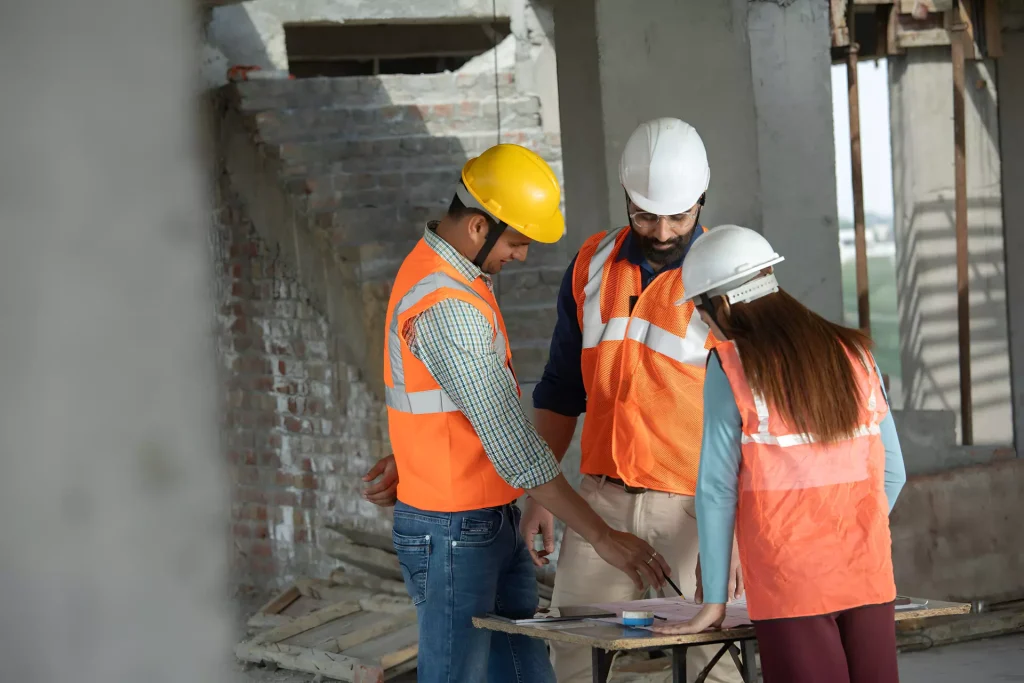
Foot Problems from Improper Footwear in the Workplace
If your feet hurt at the end of a workday, you are not alone. More than half of Americans experience foot conditions related to their jobs. Workplace foot injuries can result from continuous standing, overexertion, or the physical demands of the job. The best way to reduce the risk of foot injuries is to wear the right footwear that offers comfort, support, and safety.
Request an AppointmentWhat to Look for in Work Footwear
Work shoes come in various shapes and materials, depending on the type of occupation. Whether you’re a receptionist or a construction worker, wearing well-fitting shoes is key to preventing injury. Here are some qualities to look for in work shoes:
- Room for Toe Movement: The front of the shoes should provide enough space for your toes to move comfortably.
- Comfort: The shoes should feel comfortable from the moment you put them on.
- Heel Grip: The shoes should fit snugly around the heel to prevent slipping.
- No Pinching: Avoid shoes that pinch the ball of your foot.
Safety Issues
When choosing safety footwear, different work environments have different requirements:
- Construction and Hazardous Work Environments: If you work in an environment with a risk of falling objects, cuts, or punctures, invest in steel-toed boots that cover the entire length of your toes. Additional foot guards, shin guards, or puncture-proof inserts may also be necessary.
- Lab and Industrial Environments: In workplaces where exposure to chemicals or solvents is a concern, opt for shoes made with synthetic stitching from materials like rubber, plastic, or vinyl.
- Traction and Sole Thickness: Work boot soles vary in traction and thickness. Choose boots with appropriate soles depending on your work environment’s hazards, such as wet floors or rough terrain.
Issues Created by Improper Fit
Work shoes are typically worn for long hours—anywhere from 8 to 12 hours a day. This makes it critical that your shoes fit properly. Standing or walking in poorly fitting shoes for long periods can lead to significant foot issues, and if your job requires lifting or running, the risk of injury increases.
Wearing work shoes that are too tight or narrow can result in chronic foot and toe problems, such as:
- Arch Pain
- Bunions
- Corns and Calluses
- Hammertoes
- Ingrown Toenails
- Metatarsalgia (pain in the ball of the foot)
- Plantar Fasciitis (heel pain)
In addition, work shoes should be breathable. Excessively airtight shoes can create a breeding ground for fungal growth, leading to conditions like athlete’s foot.
If you suffer from chronic foot pain due to ill-fitting work shoes, consult a podiatrist for advice and treatment. Proper footwear is key to maintaining your foot health on the job.